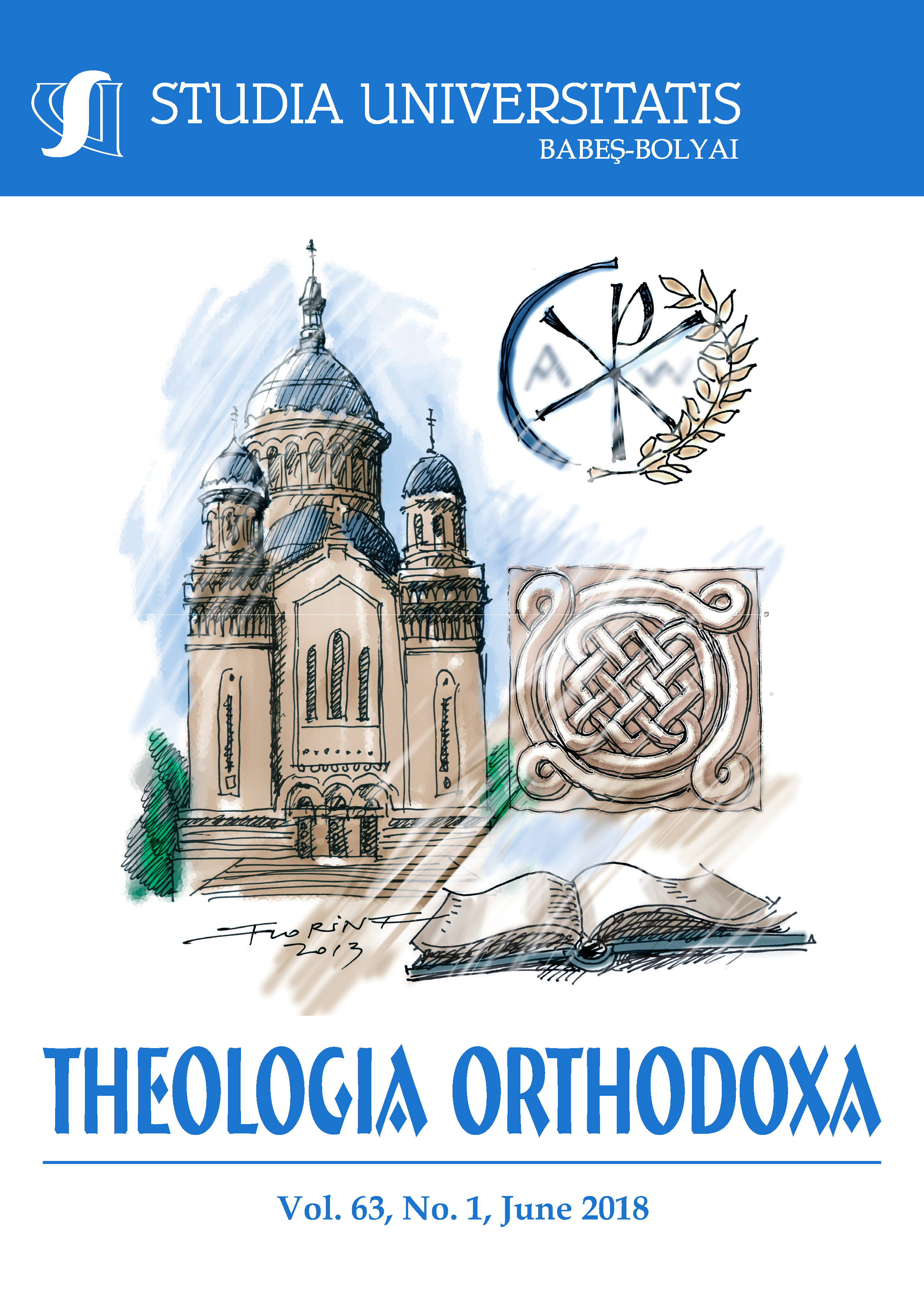CIORAN AND GNOSTICISM
DOI:
https://doi.org/10.24193/subbto.2018.1.09Keywords:
Gnosticism, creation, demigod, knowledge, nihilismAbstract
This study presents Cioran’s relation with Gnosticism that is marked by the fragmentary and contradictory style of Romanian thinker. This is caused by the specific ambivalence signalled by the Romanian essayist, ambivalence that is affirmed by the vitalist standpoint, and negated by the nihilist standpoint. The theoretical contradiction is a repercussion of Cioran’s way of approaching to the essence of life marked by the irrational and to the knowledge that is both, at the same time, a privilege and a hex. Therefore, from the nihilist point of view, that of an apologist of decomposition and desperation, Cioran can rightfully be associated with Gnosticism. On the other hand, many of his ideas describe, at the same time, an Agnostic outline. From the vitalist and fervent point of view, Cioran is represented as a strong enemy of gnosis. When he defames existence and history, he can be considered a Gnostic, and when we take into account the fervour for our world delusion and appearances, he is situated at the opposite pole of Gnosticism.
References
Blaga, Lucian. Isvoade. Eseuri, Conferinţe, Articole. Edited by Dorli Blaga and Petre Nicolau, foreword by George Gană. Bucureşti, Editura Minerva, 1972.
Patrice Bollon. Cioran, l’hérétique. Paris: Gallimard, 1997.
Cioran, Emil. Amurgul gândurilor (1940). Bucureşti: Humanitas, 1998.
Cioran, Emil. Silogismele amărăciunii (1952). Translated by Nicolae Bârna. Bucureşti: Humanitas, 1992.
Cioran, Emil. Demiurgul cel rău (1969). Translated by Irina Bădescu. Bucureşti: Humanitas, 1997.
Cioran, Emil. Despre neajunsul de a te fi născut (1973). Translated by Florin Sicoe. Bucureşti: Humanitas, 2006.
Cioran, Emil. Exerciţii de admiraţie (1986). Translated by Emanoil Marcu. Bucureşti: Humanitas, 1997.
Cioran, Emil. Caietul de la Talamanca. Translated by Emanoil Marcu. Bucureşti: Humanitas, 2000.
Cioran, Emil. Convorbiri cu Cioran. Bucureşti: Humanitas, 2004.
Cioran, Emil. Caiete I, II, III. Translated by Emanoil Marcu and Vlad Russo. Bucureşti: Humanitas, 1999.
Cioran, Emil. Scrisori către Wolfgang Kraus. 1971-1990. Edited and translated by George Guţu. Bucureşti: Humanitas, 2009.
Culianu, Ioan, Petru. Gnozele dualiste ale Occidentului. Istorie şi mituri. Translated by Tereza Culianu-Petrescu. Bucureşti: Polirom, 2002.
Eliade, Mircea. Istoria credinţelor şi ideilor religioase. Vol. II. Chişinău: Universitas, 1992.
Jaudeau, Sylvie. Cioran ou le Dernier Homme. Paris: José Corti, 1990.
Kluback, William & Michael Finkenthal. Ispitele lui Cioran. Translated by Adina Arvatu, C. D. Ionescu and Mihnea Moise. Bucureşti: Univers, 1999.
Modreanu, Simona. Cioran. Iaşi: Junimea, 2005.
Petreu, Marta. Despre bolile filosofilor. Cioran. Cluj-Napoca: Biblioteca Apostrof, 2008.
Petreu, Marta. “Ghinionul de-a te fi născut.” In Ionescu în ţara tatălui, by Marta Petreu. Cluj-Napoca: Apostrof, 2001.
Nietzsche, Friedrich. Ştiinţa voioasă, Genealogia Moralei, Amurgul idolilor. Translated by Simion Dănăilă. Bucureşti: Humanitas, 1994.
Downloads
Published
How to Cite
Issue
Section
License
Copyright (c) 2018 Studia Universitatis Babeș-Bolyai Theologia Orthodoxa

This work is licensed under a Creative Commons Attribution-NonCommercial-NoDerivatives 4.0 International License.





 ISSN (print): 1224-0869, ISSN (online): 2065-9474, ISSN-L: 2065-9474
ISSN (print): 1224-0869, ISSN (online): 2065-9474, ISSN-L: 2065-9474